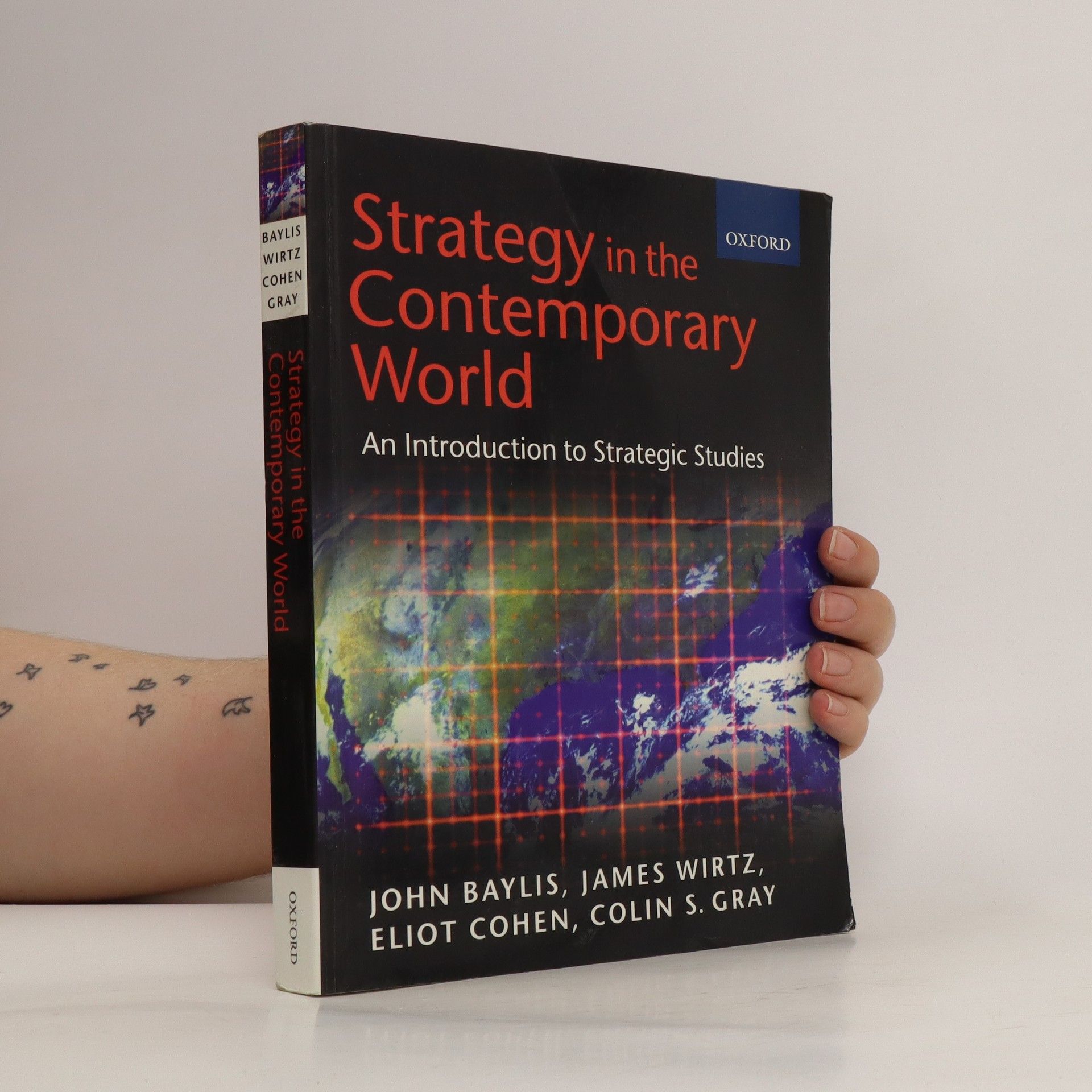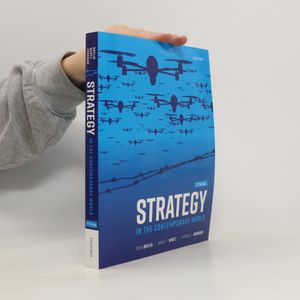Parametre
- 376 stránok
- 14 hodin čítania
Viac o knihe
This major new textbook focuses on the traditional and contemporary uses of organized force for political ends. The book brings together major scholars in the field and deals with both the theory and practice of strategy. It highlights the continuing relevance of traditional and new thinking about strategy for understanding the complex issues of war and peace at the beginning of the twenty-first century. The book opens with an introduction by the volume editors highlighting the centralunifying theme of the book as a whole: the historical and continuing role of military power in support of political ends. The book then breaks down into four broad sections covering the evolution of strategic thought; the theory and practice of land, sea, and air power; a range of new and adapted theories about peace and security which were developed during the Cold War and developments in strategic thinking and practice which have taken place since the end of the Cold War (including Revolutionin Military Affairs (RMA), Information (Cyber) Warfare, and Space Warfare). The book ends with a return to some of the themes identified in the Introduction and a discussion of the future direction of strategic studies. Carefully edited to create a fully integrated textbook and including excellent pedagogy throughout, this textbook offers a clear, accessible, and lively introduction to strategic studies for all students of politics and international relations.
Nákup knihy
Strategy in the Contemporary World, John Baylis
- Jazyk
- Rok vydania
- 2002
- product-detail.submit-box.info.binding
- (mäkká)
Doručenie
Platobné metódy
Tu nám chýba tvoja recenzia




